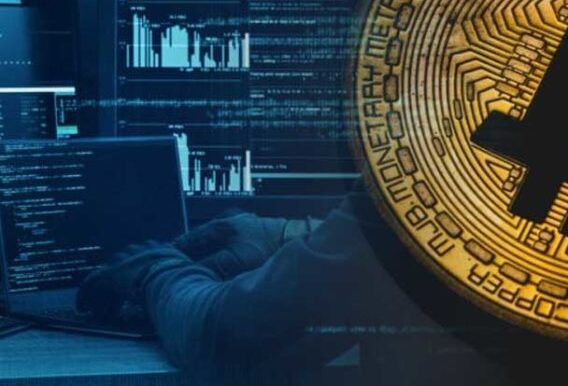Searches for NFT scams rise by 245% – experts reveal how to avoid them

The world of NFTs is only set to rise, however, with this comes an increase in scams. Very recently, the creators of Big Daddy Ape Club swiped $1.3 million from would-be collectors, quickly cashing out their gains after launch.
Experts at NFT Club decided to look into concerns over NFT scams, finding that global searches for ‘NFT Scams’ have increased by a whopping 245%.
In light of this, Adam Morris, co-founder at NFT Club has provided expert advice on how to look out for NFT scams, as well as how to avoid them – please see below:
Adam Morris, co-founder at NFT Club commented:
“NFT scams are becoming increasingly common in line with increased ownership and the sophistication of technology making it easier for scammers to target investors. These are ever changing and people are pretty smart with the sorts of scams they come up with.
It’s important to always be vigilant, if you are buying a collection make sure it is verified. Lots of people make copy collections and try to confuse people into buying the wrong asset. Consider whether the price of the NFT seems legitimate and check if the contact address of the NFT aligns with that from its creators website.
There has also been a surge in replica and fake stores made to look like the original ones in order to trick users into logging in or inputting their credit card information, this is what’s known as ‘phishing’. There are useful tools you can enter the web address into to check if the site is a scam but the best way to stay safe is to stay on legitimate sites such as OpenSea.
Scammers are also getting in touch with users over Discord and Twitter. Impersonating OpenSea or Metamask support staff with the aim of tricking people into exposing their security phrase or sending links to fake customer service websites, where you are asked to input your credentials. If you are seeking technical support always go directly to official customer support websites and never share your recovery phrase.
Additionally, ever send your assets to anyone directly, always use a marketplace. Make sure you use a hardware wallet because you are at risk if you are only using a web-wallet.”




